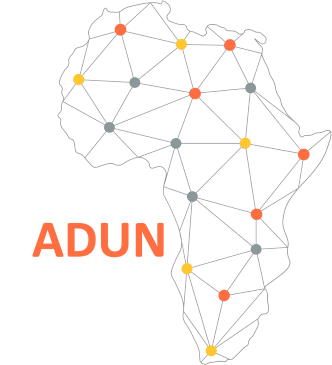Abstract
This paper is interested in how queer people virtually\digitally navigate and challenge the precarity that characterises their lives in Africa. They are unable to, or find it difficult to, integrate into the social, economic, religious, and political spheres of the nation because of the stigma that is attached to such sexual orientations and gender identities. Through a case study of Zimbabwe, this paper examines the different ways in which queer Zimbabweans make use of digital technologies especially social media platforms such as Twitter, TikTok, Facebook and Instagram to imagine new forms of social activism, advocacy as well as the forging of spaces that allow them to integrate into the country. Through an audiovisual netnography, this paper is interested in contributing to knowledge and ongoing debates on the impact of digital technologies on social justice initiatives and practices by queer people by foregrounding how they use social media to shape the contours of and interrogate what gender and sexual minorities mean in autocratic contexts where there is institutionalized homophobia.
More about the presenters
Princess Sibanda is a postdoctoral fellow at the University of Fort Hare where she is working within the South Africa Research Chair in Sexualities, Genders and Queer Studies. She is a Canon Collins Alumnus, and her work focuses on issues of gender and sexuality.
Gibson Ncube lectures at Stellenbosch University in the Department of Modern Foreign Languages. He co-convened the Queer African Studies Association (2020-2023) and was the 2021 Mary Kingsley Zoochonis Distinguished Lecturer. He is the author of the book Queer Bodies in African Films.
